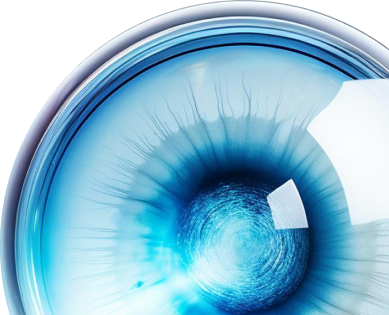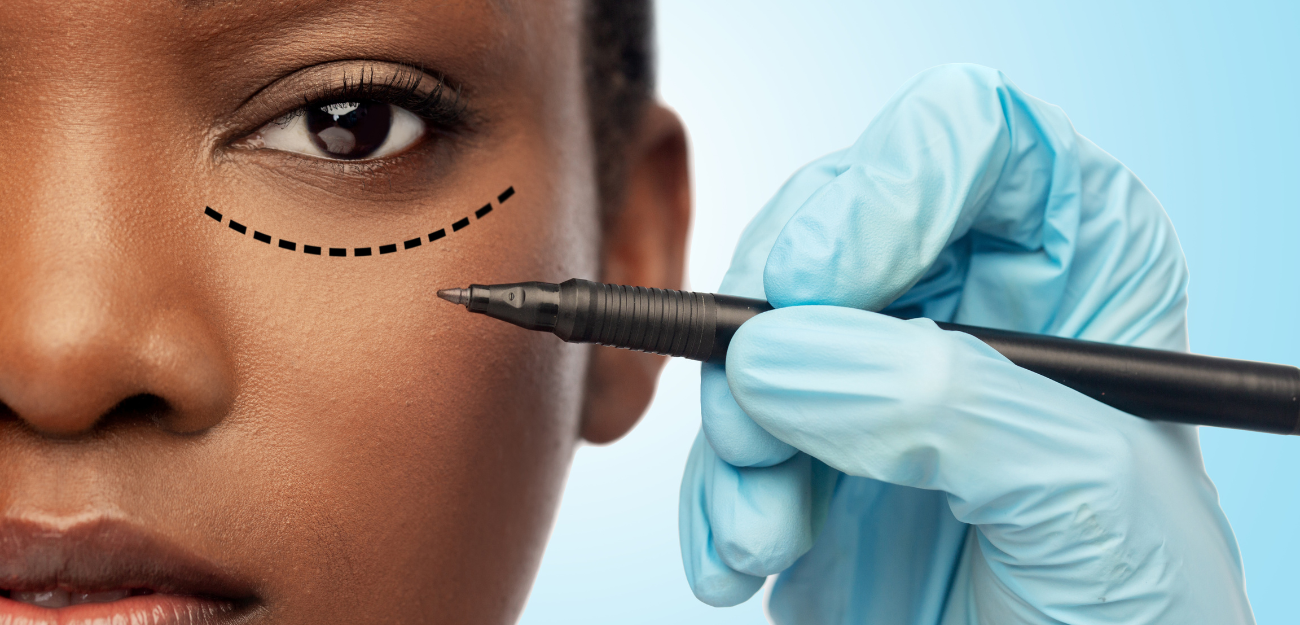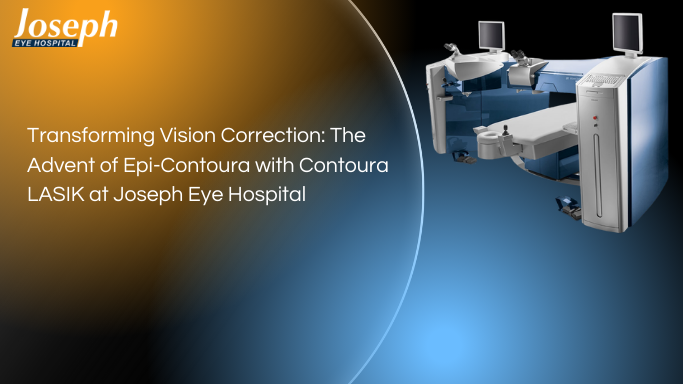Oculoplasty Department of
Joseph Eye Hospital

What we do
Understanding that issues related to the eyes extend beyond vision and deeply impact the quality of life, the Oculoplasty Department is dedicated to offering comprehensive care for conditions affecting the eyelids, lacrimal (tear) system, orbit (eye socket), and the adjacent facial areas. Our team of highly skilled oculoplastic surgeons employs advanced techniques and compassionate care to ensure the best outcomes for our patients.
Conditions we treat
Our centre specializes in diagnosing and treating a broad spectrum of Oculoplastics diseases, including, but not limited to:
Facilities for Low Vision Services
Advanced Diagnostic Services
Utilizing state-of-the-art imaging for accurate assessments and diagnoses.
Surgical Excellence
Our advanced surgical suites are equipped with the latest technologies for a range of procedures
Personalized Treatment Plans
Every treatment plan is crafted to address both functional and aesthetic concerns, tailored to each patient's lifestyle
Dedicated Post-Surgical Care
Ensuring optimal recovery and results through comprehensive follow-up care
Schedule Your Consultation
Our Contact
Our Telephone
Timings
8:00 am and 8:00pm
All Blogs
What would you like to know
Oculoplasty treats conditions like droopy eyelids, blocked tear ducts, eye socket injuries, and cosmetic concerns such as wrinkles and baggy eyes
The consultation includes a medical history review and a thorough examination. You'll discuss your concerns and desired outcomes, and the surgeon will outline a personalized treatment plan
While any surgery carries risks, oculoplasty is generally safe when performed by experienced surgeons. Potential risks include infection and scarring, but serious complications are rare
Recovery can vary but typically involves some swelling and bruising for the first few weeks. Most patients return to normal activities within a few days, though complete healing takes several weeks
Insurance coverage depends on whether the procedure is medically necessary or cosmetic. Functional surgeries are often covered, while cosmetic procedures usually are not. It's best to verify with your insurance provider



